Throughout art history, sculptors have experimented with an eclectic range of mediums.
Whilecast bronze,carved wood, andfired clayhave made lasting impressions, no material has captivated quite like marble.
Reclining Mouflon' (ca.
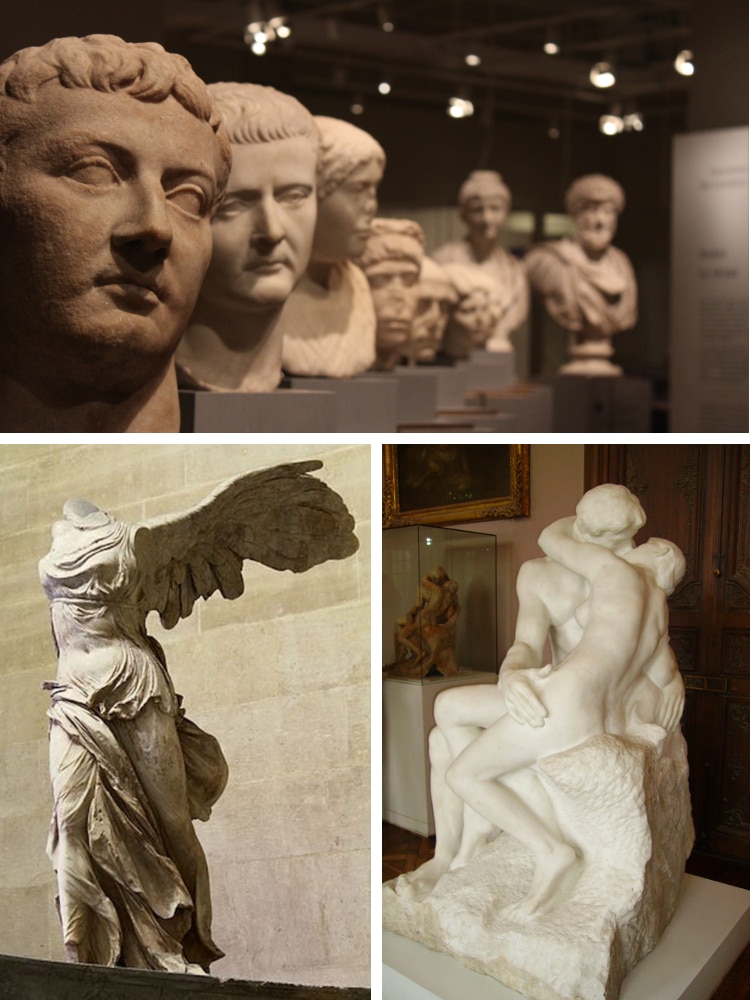
Peplos Kore' (ca.
530 BCE)
During Greece’sClassical Period(500 BCE to 323 BCE), marble sculptures rose to prominence.
One of the Elgin Marbles' (ca.
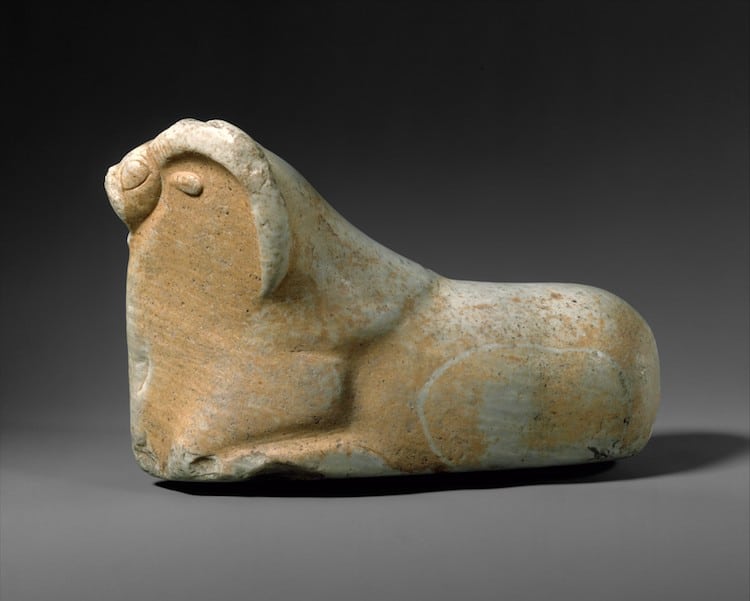
‘Reclining Mouflon' (ca. 2600–1900 BCE) (Photo:Met MuseumPublic Domain)
Laocoon and His Sons' (First Century B.C.E.)
Known as busts, these life-sized works are celebrated for their impressively naturalistic appearance.
Unlike sculptors of antiquity, Medieval marble artists rejected realism in favor of naive, stylized depictions.
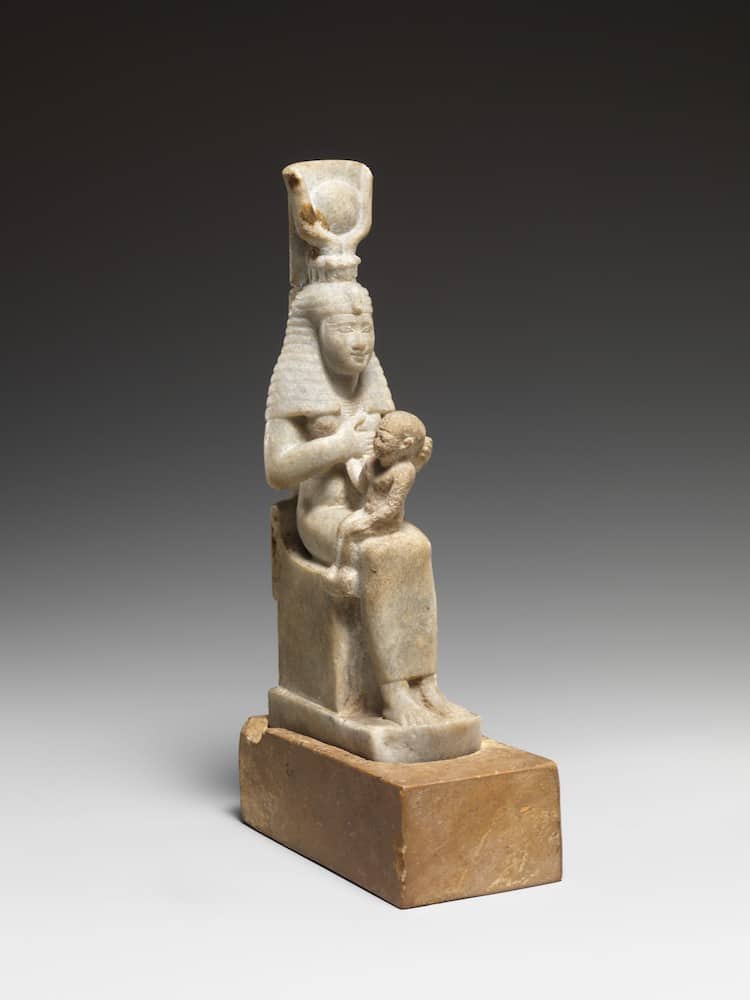
‘Isis with Horus' (332–30 BCE) (Photo:Met MuseumPublic Domain)
Queen, from a group of Donor Figures including a King, Queen, and Prince' (ca.
The Italian Renaissance
During theItalian Renaissance,enlightened artists again adopted an aesthetic interest in naturalism.
While most of these artistslikeLeonardo da VinciandBotticellimainly produced paintings and drawings,Michelangeloalsoworked as a sculptor.
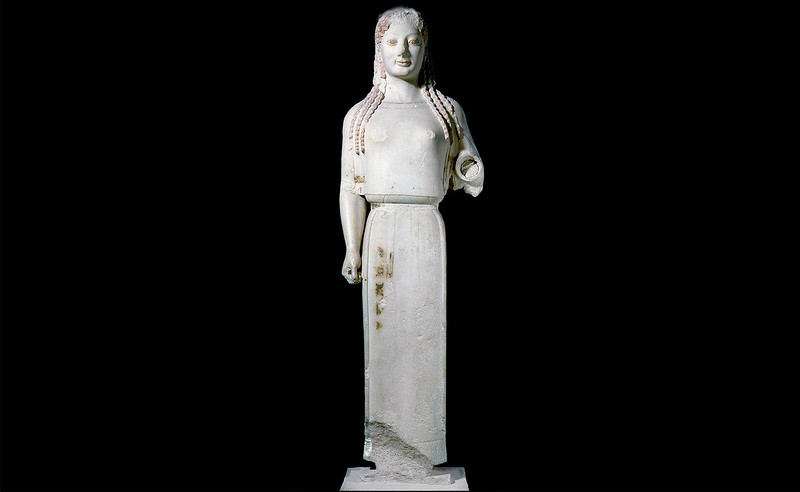
‘Peplos Kore' (ca. 530 BCE)
With marble as his medium of choice, he mastered the art of monumental works, including his iconicDavidstatue.
Michelangelo, David' (ca.
While sculptors still predominantly worked in wood, some also dabbled in marble.
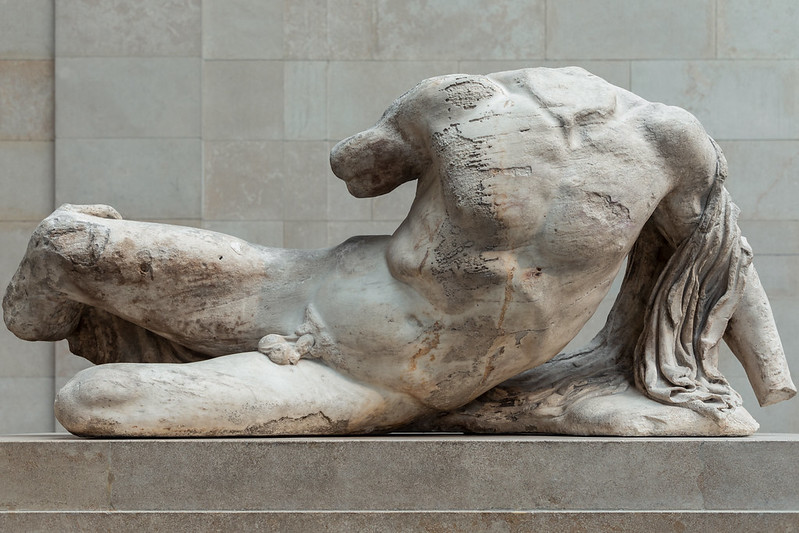
One of the ‘Elgin Marbles' (ca. 447–438 BCE)
Michelangelo revealed me to myself, revealed to me the truth of forms, Rodinexplained.
Auguste Rodin, The Kiss' (ca.
- (Photo:Yair HaklaiviaWikimedia CommonsCC BY-SA 4.0)
Modernist artistConstantin Brancusiis also known for his sculptures.
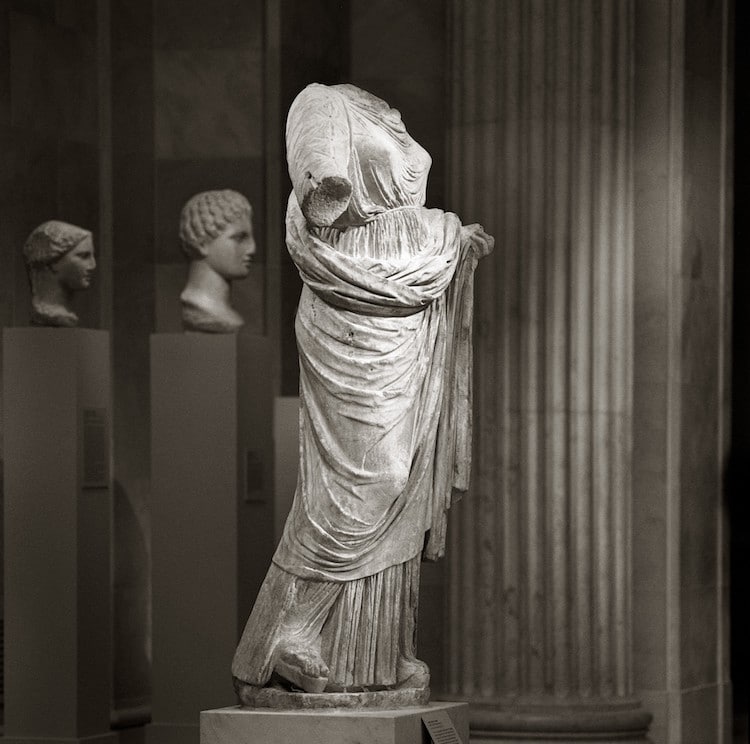
‘Marble Statue of a Woman' (4th century BCE) (Photo:Met MuseumPublic Domain)
Ranging from realistic representations to abstract portrayals, these pieces highlight the versatility and timelessness of the ancient medium.
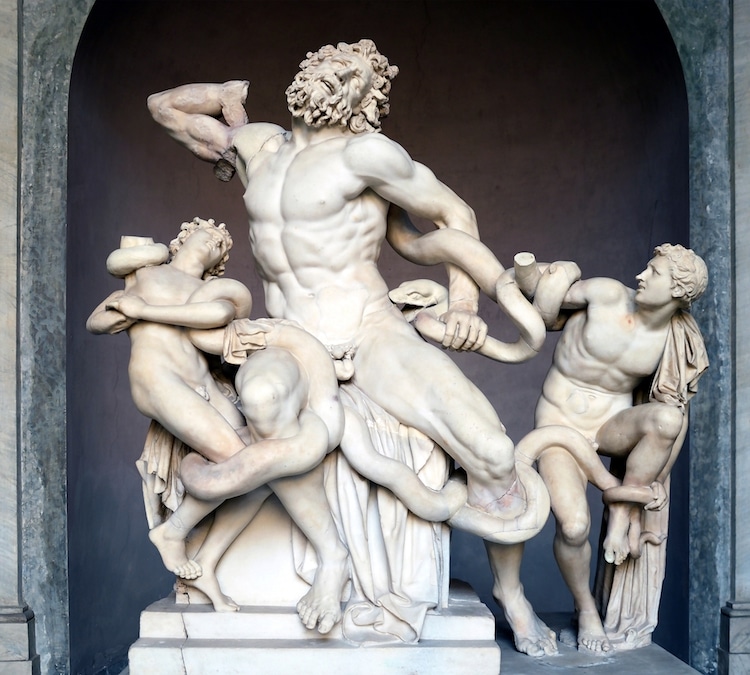
‘Laocoon and His Sons' (First Century B.C.E.) (Photo: LivioAndronico viaWikimedia CommonsCC BY-SA 4.0)
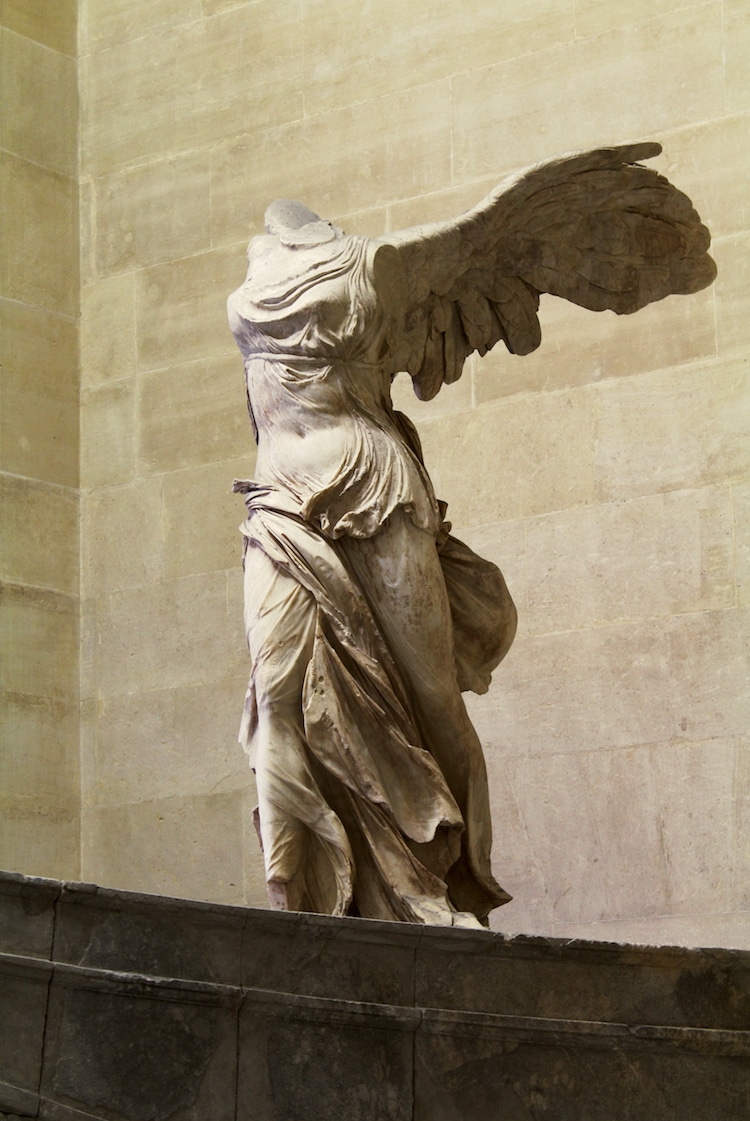
‘Winged Victory of Samothrace' (190 BCE) (Photo:RijinviaWikimedia CommonsCC BY-SA 4.0)
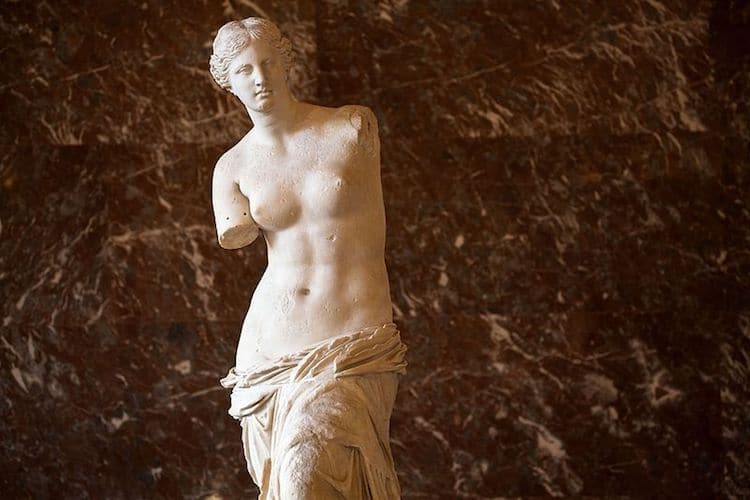
‘The Venus de Milo' (101 BCE) (Photo:Bradley WeberviaWikimedia CommonsCC BY 2.0)
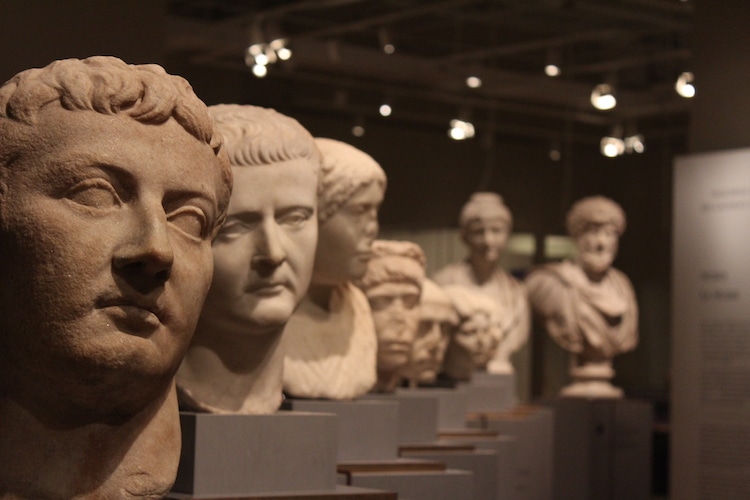
Photo:Jason ZhangviaWikimedia CommonsCC BY-SA 4.0
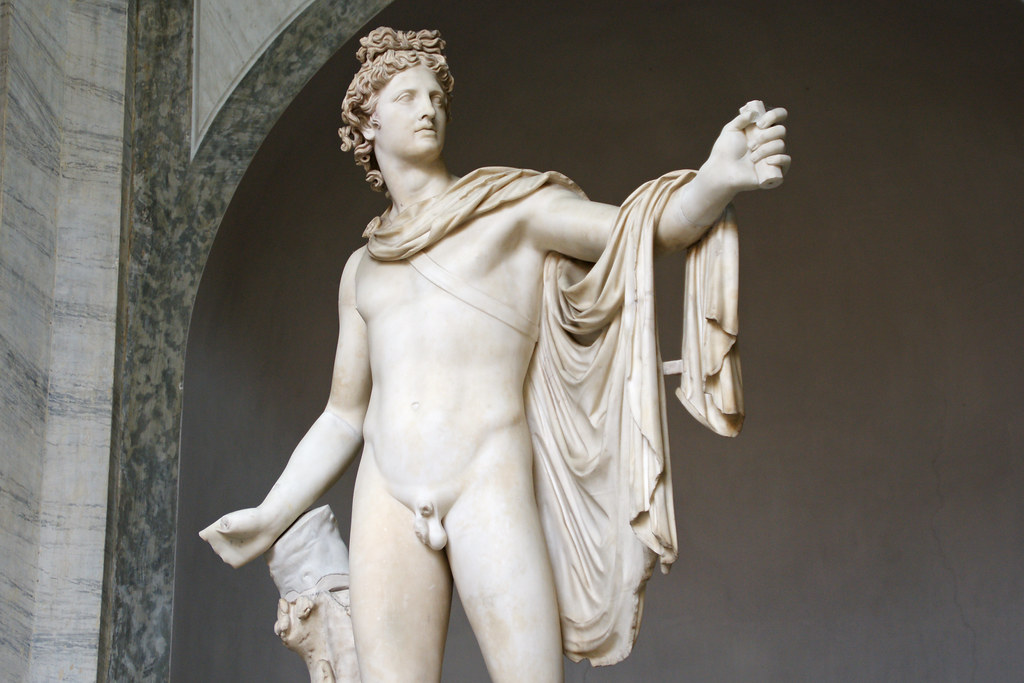
Roman copy (120–140 AD) of the ‘Apollo Belvedere' (350–325 BCE)
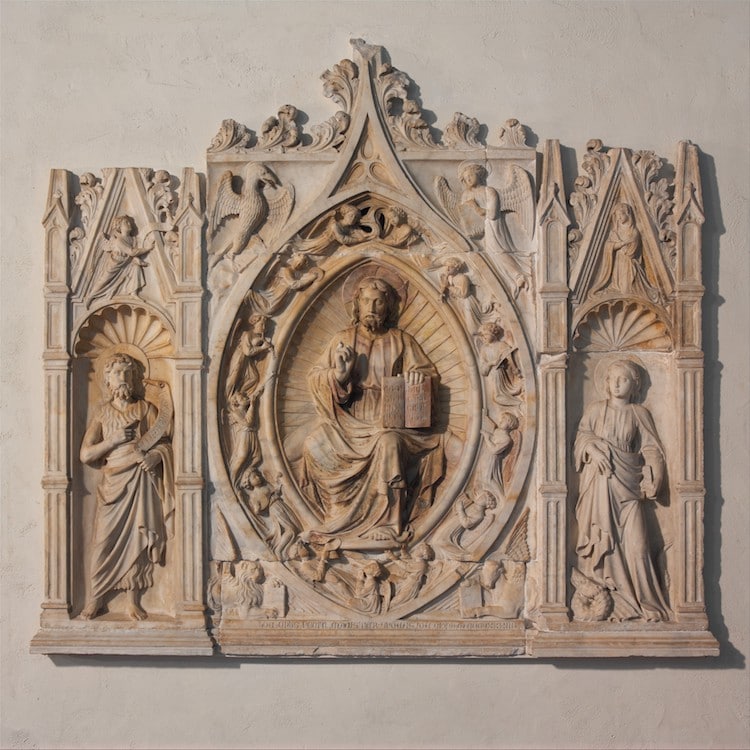
Andrea da Giona, ‘Altarpiece with Christ, Saint John the Baptist, and Saint Margaret' (1434) (Photo:Met MuseumPublic Domain)
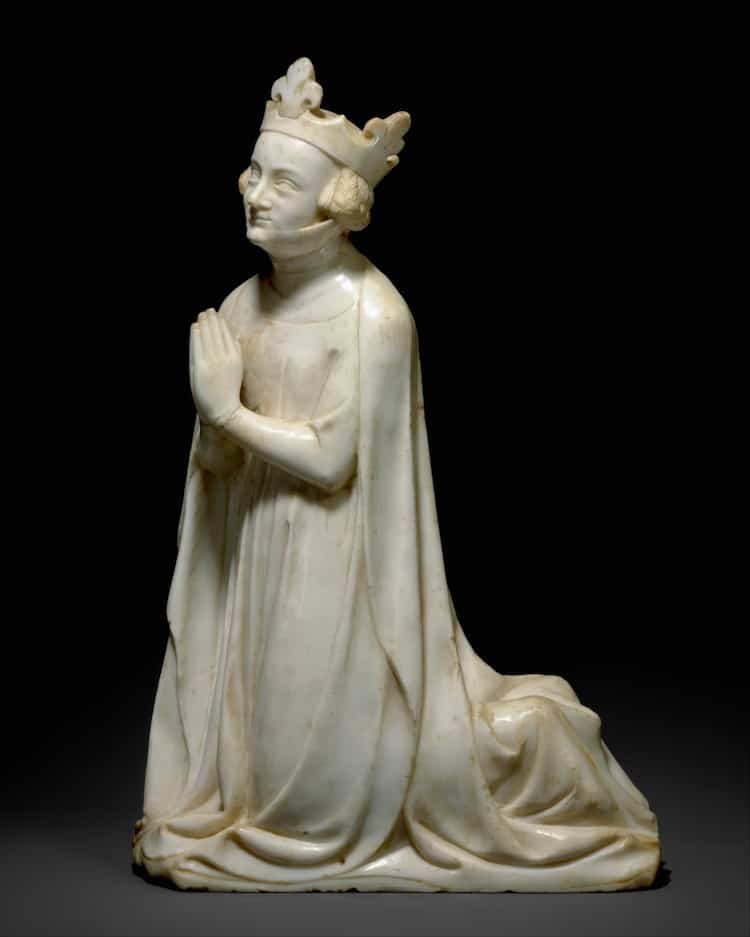
‘Queen, from a group of Donor Figures including a King, Queen, and Prince' (ca. 1350) (Photo:Met MuseumPublic Domain)
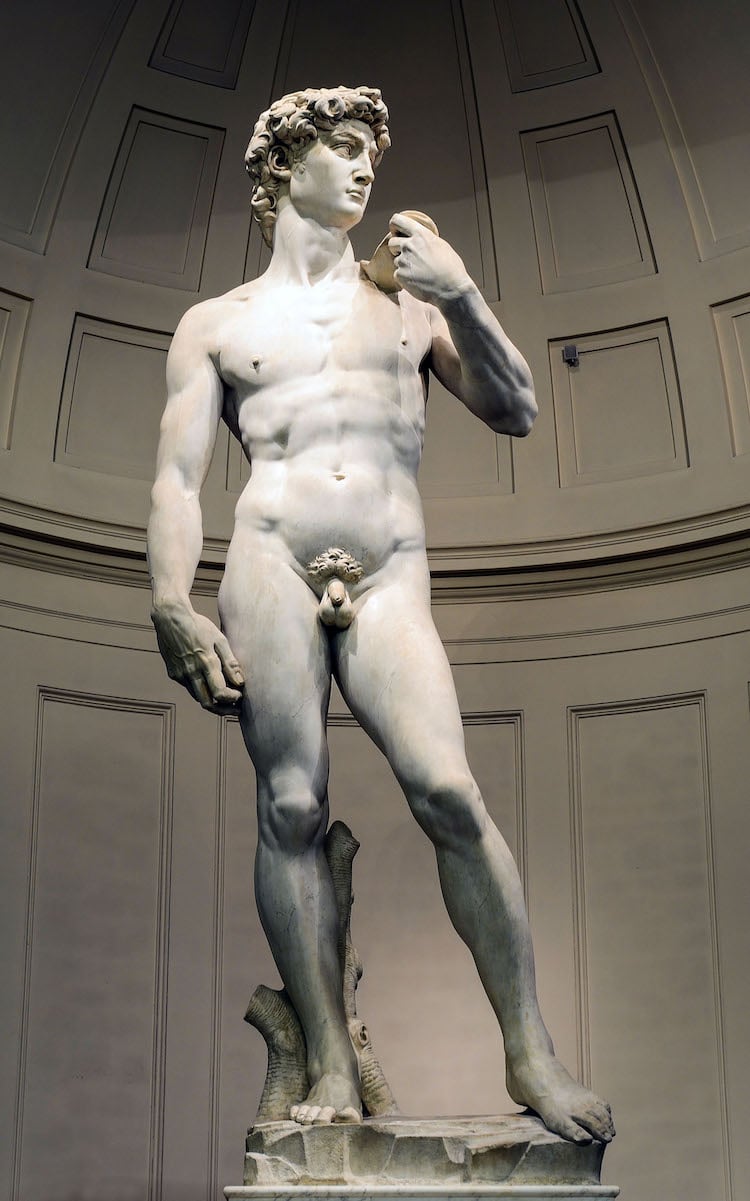
Michelangelo, ‘David' (ca. 1501-1504) (Photo: Livioandronico2013 viaWikimedia CommonsCC BY-SA 4.0)
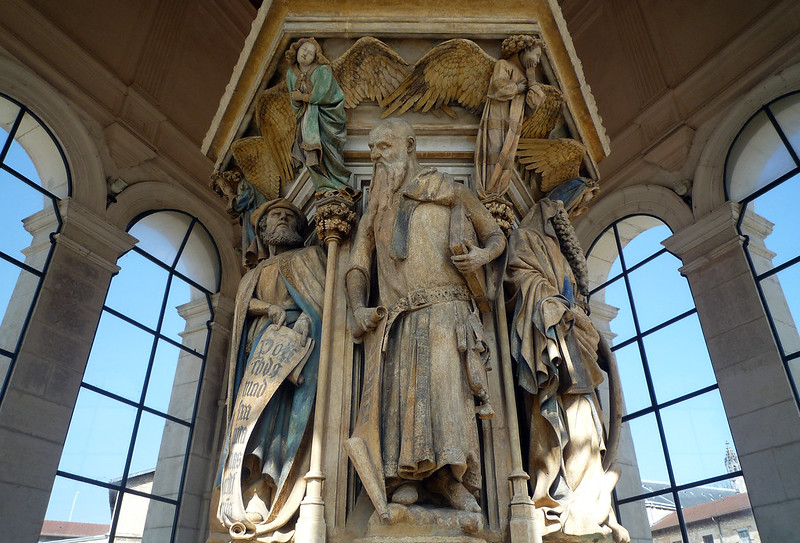
Claus Sluter, ‘Well of Moses' (view of Isaiah), (1395-1405)
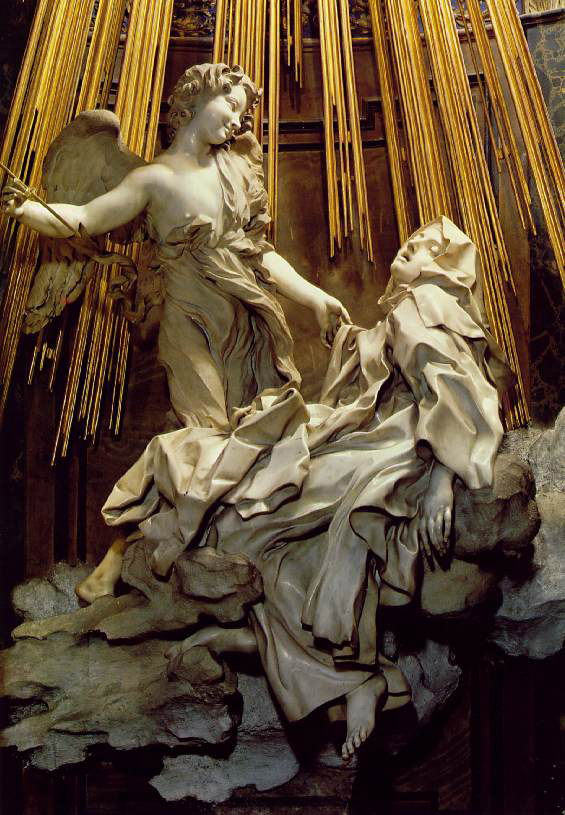
Gian Lorenzo Bernini, ‘The Ecstasy of St. Theresa' (1647-1652)
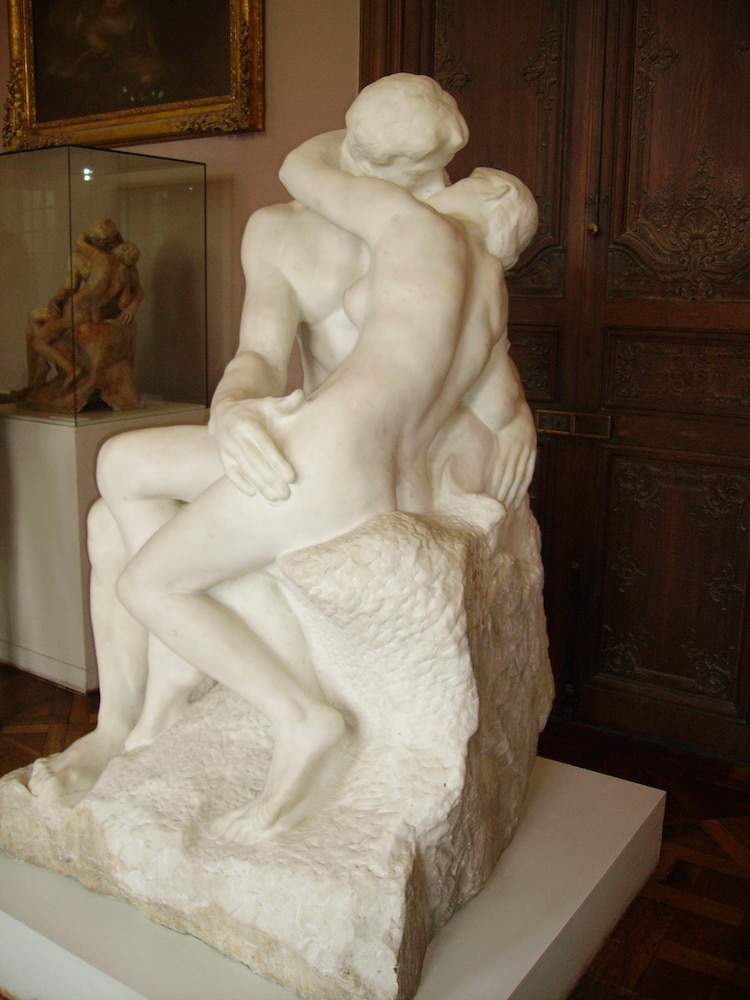
Auguste Rodin, ‘The Kiss' (ca. 1882) (Photo:Yair HaklaiviaWikimedia CommonsCC BY-SA 4.0)
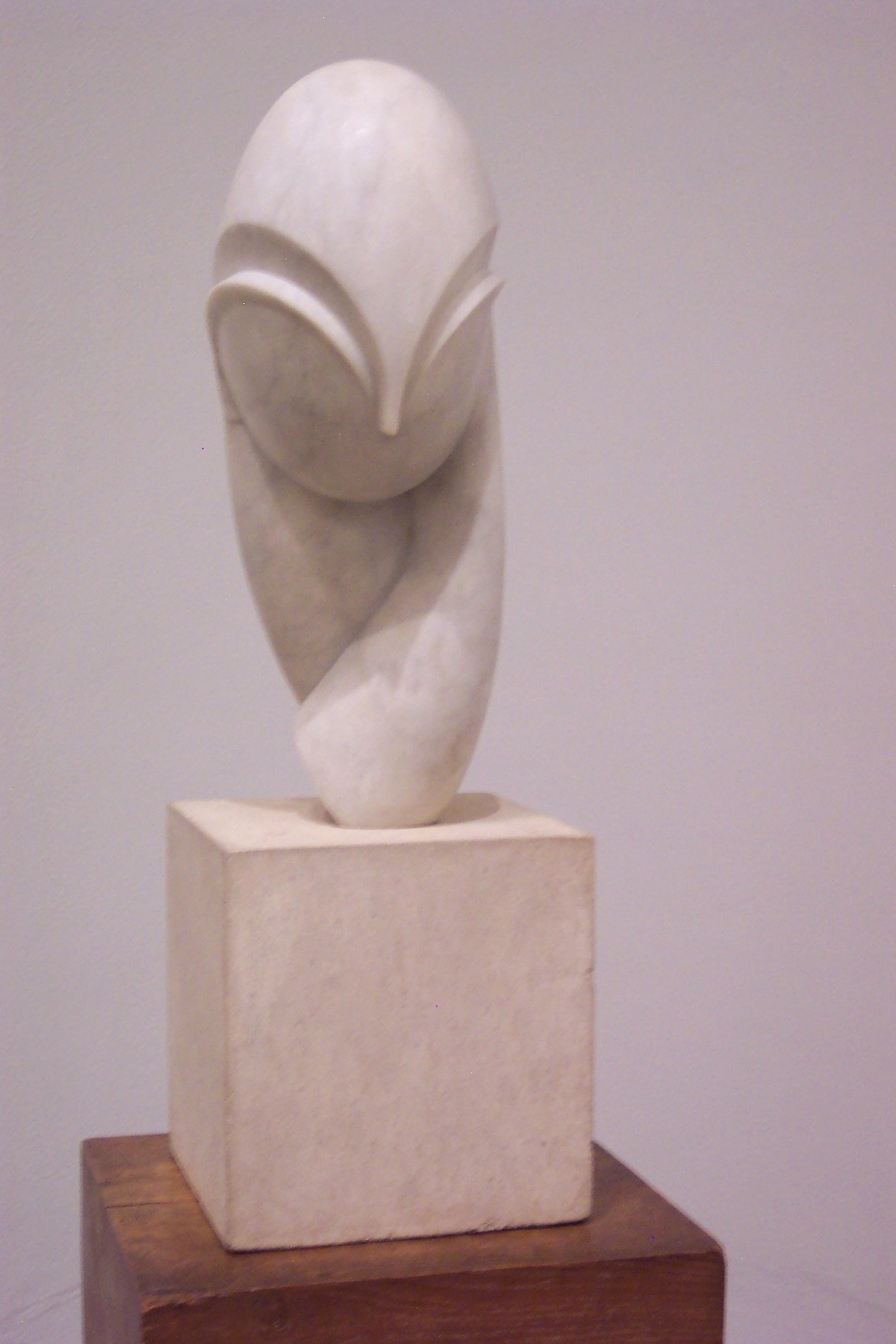
Constantin Brancusci, ‘Madomesille Pogany [I]' (1912)
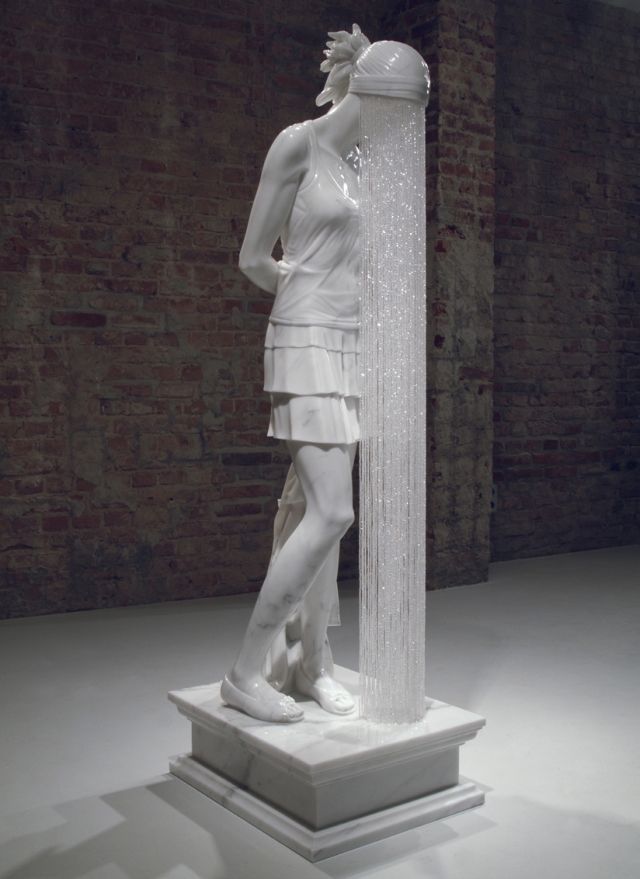
Kevin Francis Gray, ‘Ghost Girl'
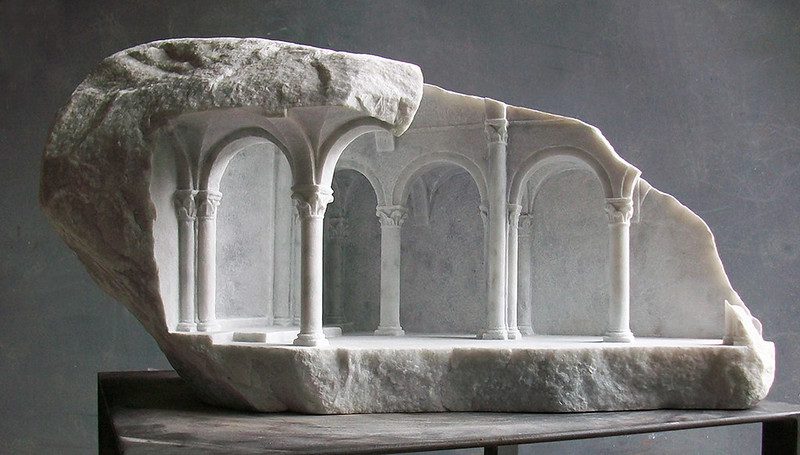
Matthew Simmonds, ‘Basilica'

Sibylle Pasche, ‘Traces of Time'